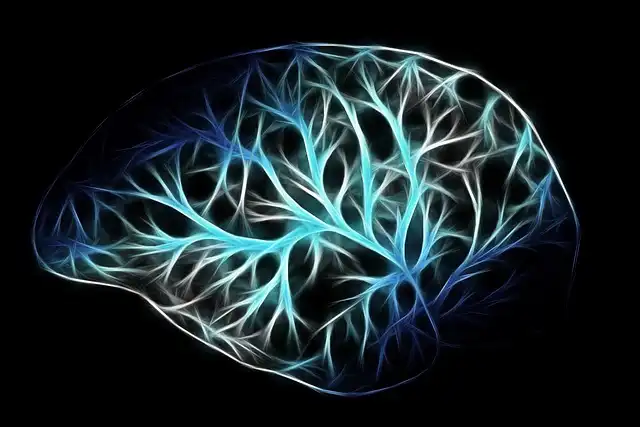
Alzheimer’s: Nanotubes Shuttle Toxins in Brain Cells
Johns Hopkins researchers discovered nanotubes in brain cells that transport toxins, including amyloid-beta related to Alzheimer's. Controlling these nanotubes could offer a future treatment.

Johns Hopkins researchers discovered nanotubes in brain cells that transport toxins, including amyloid-beta related to Alzheimer's. Controlling these nanotubes could offer a future treatment.

Amyloid beta, a protein linked to Alzheimer's, strengthens T-cells, boosting immunity against cancer. Preserving mitochondria and managing fumarate are key. This reveals a potential link between Alzheimer's and cancer defense.